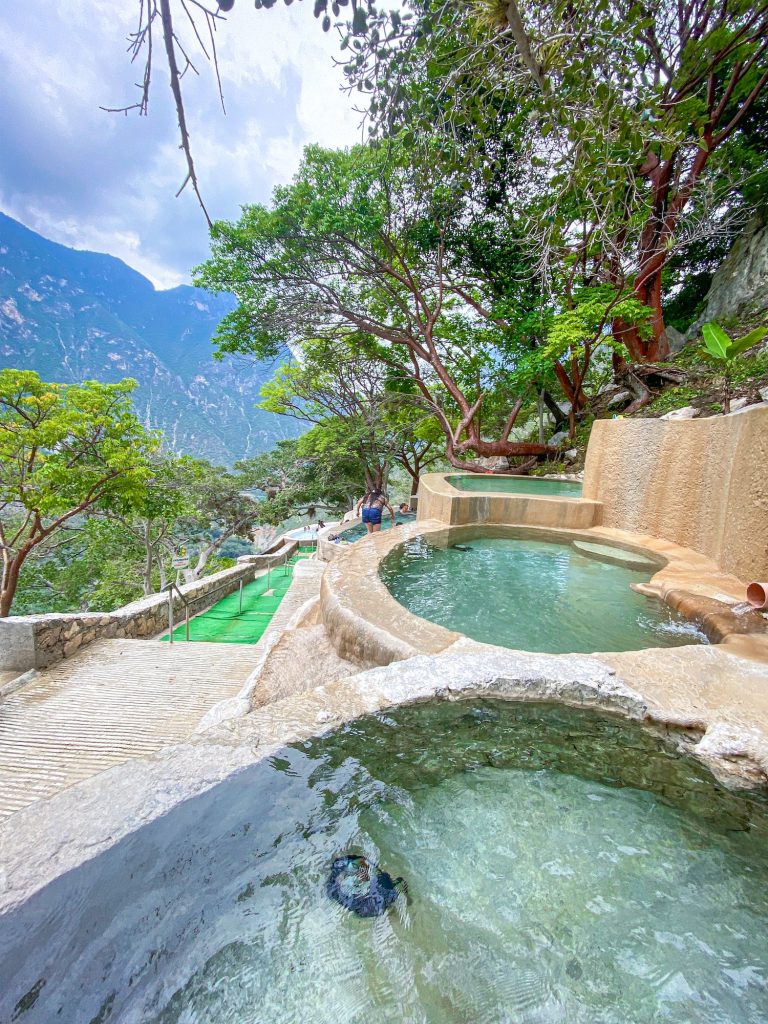
Are you tired of using harsh chemicals to maintain your traditional pool? Perhaps it’s time to consider a natural pool system. Natural pools, also known as eco pools or organic pools, are gaining popularity as an alternative to traditional pools. These pools use natural elements like plants and rocks to keep the water clean and safe for swimming. In this article, we will explore the benefits of switching to a natural pool system.
What is a Natural Pool System?
A natural pool system is a type of swimming pool that uses a natural filtration system instead of chemicals like chlorine or salt to keep the water clean. Instead, these pools use plants and rocks to filter the water naturally. Natural pools have two zones – a swim zone and a plant zone. The swim zone is where you swim, and the plant zone is where the plants grow, filtering the water.
Benefits of Natural Pool Systems
1. Chemical-Free
One of the most significant benefits of a natural pool system is that it is chemical-free. Chlorine and other chemicals used in traditional pools can cause skin and eye irritation, and some studies have linked them to health problems like cancer [1]. A natural pool, on the other hand, is free of these harsh chemicals, making it safe for you and the environment.
2. Cost-Effective
Although the initial cost of a natural pool system may be higher than a traditional pool, it can save you money in the long run. Natural pools require less maintenance and fewer chemicals, saving you money on pool supplies and chemicals. The lack of chemicals needed to keep the water clean also means that natural pools have a lower environmental impact, making them a more sustainable option.
3. Low Maintenance
Natural pools are easy to maintain, making them a popular choice for homeowners. These pools require little maintenance, as the plants and rocks in the plant zone act as a natural filter. The only maintenance required is to remove any larger debris that falls on the water’s surface and replace the filter from time to time [4]. With a well-built natural garden pool, you can sit back and relax, knowing that your pool will take care of itself.
4. Unique and Beautiful
Natural pools are unique and beautiful, making them a popular choice for homeowners who want to create a natural and eco-friendly space in their backyard. These pools have a greenish tint and blend seamlessly with the surrounding landscape. They also attract garden wildlife, making them an excellent option for nature lovers.
How to Build a Natural Pool
Building a natural pool requires some planning and preparation. Here are the basic steps involved in building a natural pool:
- Dig a hole in the same manner as you would for a traditional pool. However, instead of housing a supporting structure inside the hole, the hole becomes the pool [1].
- Ensure that the walls have an approximate 1:3 slope to mitigate mudslides.
- Lay out the swim zone and the plant zone.
- Use a piece of the liner as a barrier between the pool and the plant zone. Place large rocks on the walls of the pool to keep the liner in place [7].
Conclusion
Natural pools are an excellent alternative to traditional pools for homeowners who want an eco-friendly and low-maintenance option. These pools are chemical-free, cost-effective, and unique, making them an excellent investment for any home. Building a natural pool requires some planning and preparation, but with the right steps, you can create a beautiful and sustainable pool in your backyard.